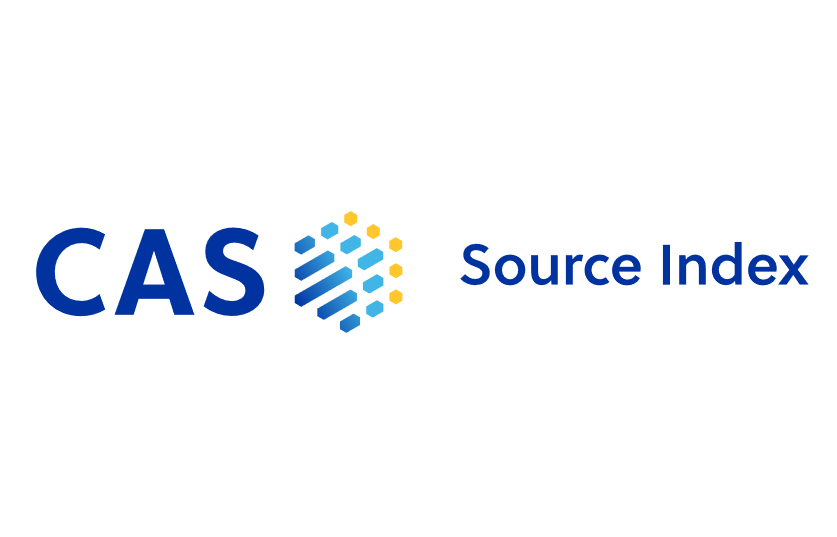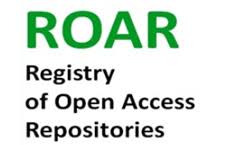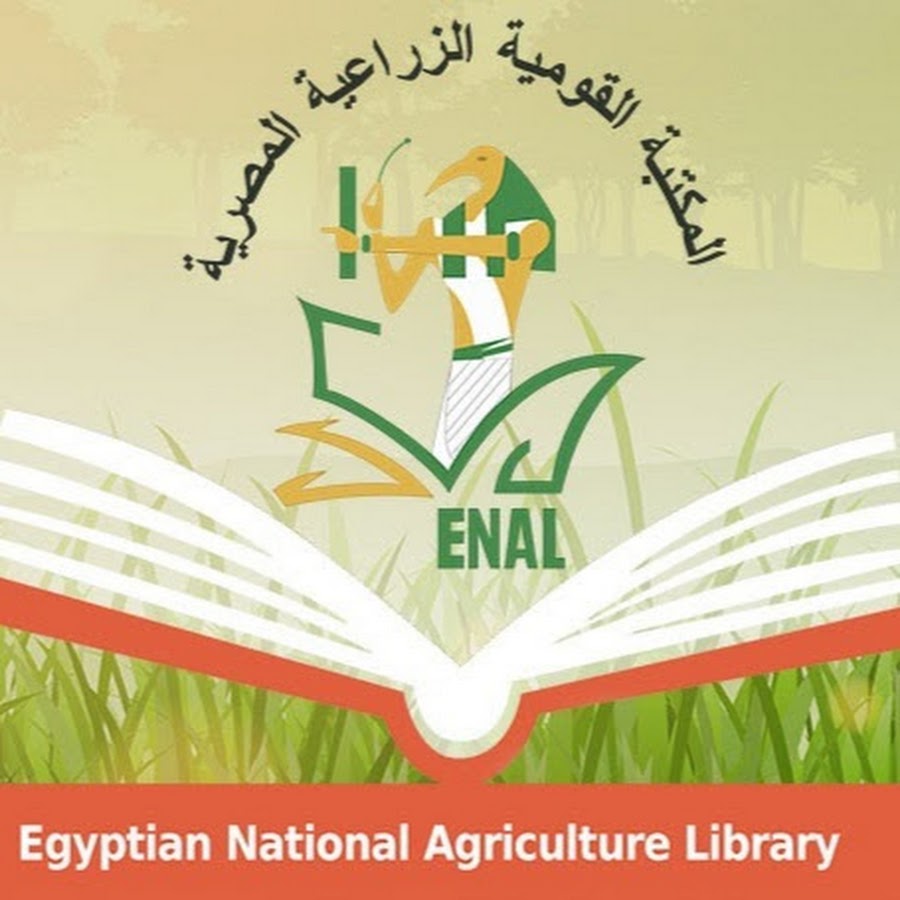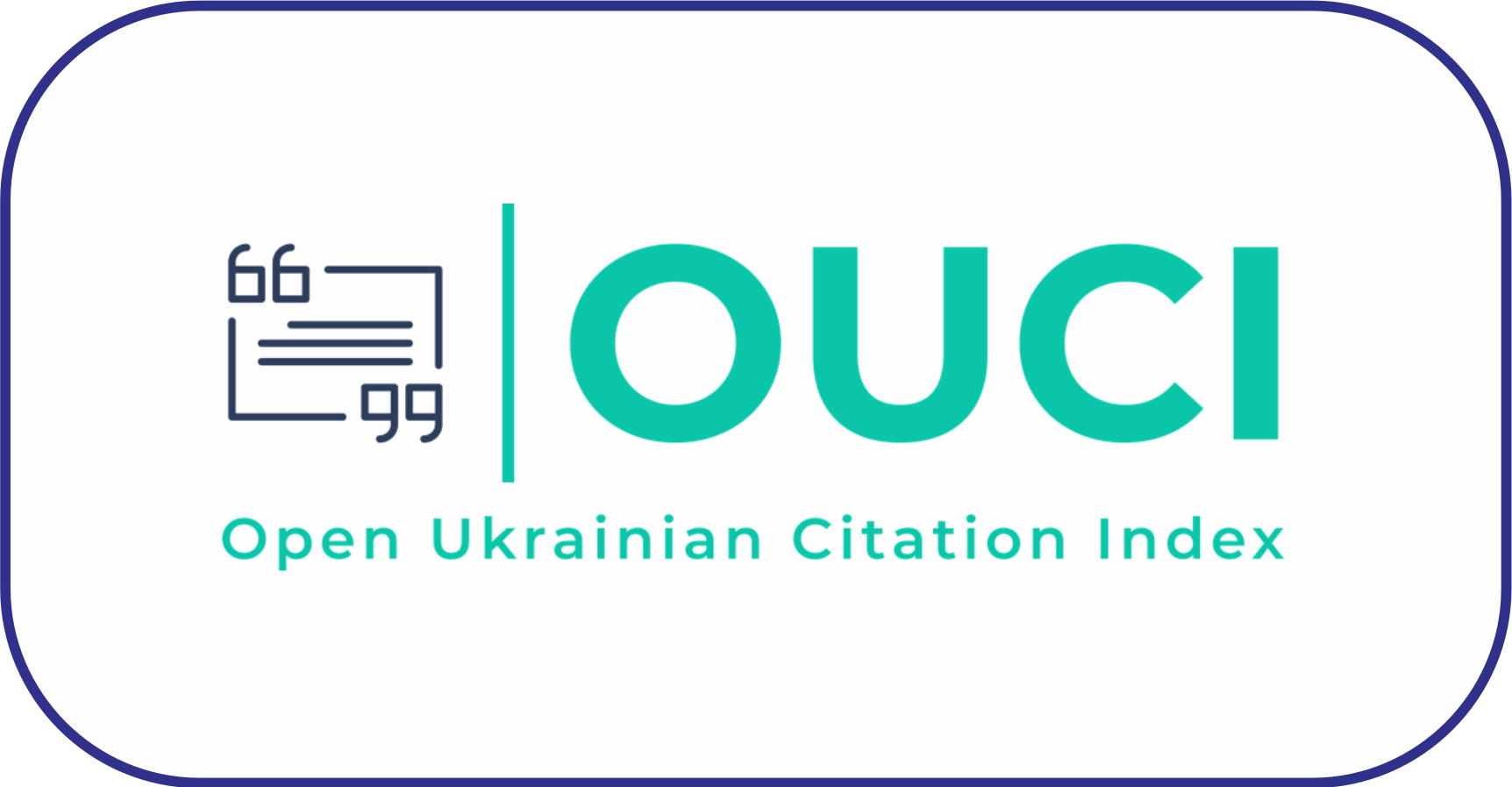ISSN: 3079-174X
Peer Review Policy
Competitors
Advances in Agriculture and Biology (AAB) engages potential referees to disclose any professional and commercial competing interests before undertaking to review a paper, and requires referees not to copy papers or to circulate them to un-named colleagues. All referees agree to AAB's conditions before AAB sends them a manuscript to assess. AAB welcomes authors' suggestions for suitable independent referees (with their contact details having official email addresses), but editors are free to decide themselves who to use as referees. AAB seeks to publish those papers that are most influential in their fields and that will significantly advance agricultural and biological understanding. Selected papers should present novel and broadly important data, syntheses, or concepts.
Transparent peer review
Scientific progress depends on the communication of information that can be trusted, and the peer review process is a vital part of that system. The core of any review is an objective assessment of both the technical rigor and the novelty of the presented work. Key features of a review include an outline of the conceptual advance over previously published work, a specific recommendation, the reasons for that recommendation, and a summary of the specific strengths and weaknesses of the paper. In this regard, we encourage referees to comment on the quality and presentation of the figures as well as the validity of the statistical methods used to interpret them. (If necessary, the editors can obtain primary data from the authors for referees’ use in these more detailed evaluations).
A more general transparency, in which comments to the editor can aid the editorial process, serves as an executive summary of the comments to the authors. In addition, this is an appropriate place to discuss any suspicions of ethical violations - either in the research itself or in the manner in which it is presented. Such issues might include suspected data manipulation or fraud, plagiarism, duplicate publications, or unethical treatment of animals or research subjects.
Information for reviewers
Peer review is a critical factor in promoting the rigor and high quality of scientific research. The entire scientific community benefits when the peer-review process is timely, thorough, and balanced. The editors of AAB greatly appreciate the tremendous collective contribution that reviewers make to our journal and the articles published. We hope that the ethical guidelines described below will help facilitate peer review as a conversation between authors and reviewers, and as an essential element of the publication process.
Reviewer invitation for AAB is sent out by email that includes information about the title and abstract of the manuscript and an indication of the time frame in which we would like to receive the review. After agreeing to review the paper, the reviewer has access to the entire manuscript. Once referees submit their reviews, they will have access to the comments provided by the other reviewers as well. We encourage reviewers to contact the editorial office at any time if they require additional information or assistance.
Speed of review process
AAB makes decisions about submitted papers as rapidly as possible. All manuscripts are handled electronically throughout the consideration process. Authors are usually informed within a week if the paper is not being considered. Most referees honor their prior agreement with AAB to deliver a report within seven days or other agreed time limit, and send their reports online. Decisions by editors are routinely made very rapidly after receipt of reports. In most cases, AAB considers ten days to be sufficient time to review a manuscript. However, we do appreciate that reviewers juggle a number of priorities. If a referee is willing to review the paper but would require more than ten days to do so, we ask that s/he contact the editorial office. It is important to inform the editor when a review is likely to be late; a revised estimate of the time until submission of the review and an explanation for the unexpected delay are invariably helpful.
Ethical guidelines for reviewers
1. Conflict of interest
Reviews should be objective evaluations of the research. If you cannot judge a paper impartially, you should not accept it for review or you should notify the editor as soon as you appreciate the situation. If you have any professional or financial affiliations that may be perceived as a conflict of interest in reviewing the manuscript, or a history of personal differences with the author(s), you should describe them in your confidential comments.
Therefore, it is important to preserve the objectivity of peer review and public confidence in its rigor and impartiality. For this reason, we ask reviewers to be sensitive to the potential for conflicts of interest, both real and perceived. If any potential impediment to objectivity may exist, reviewers should either decline to review the paper or, in cases when they are uncertain, contact the editor for advice. It is certainly worth considering these issues if a manuscript (a) originates from an author who has recently had close personal interactions (of a strongly positive or negative nature) with the reviewer, (b) is identical to some subset of the reviewer’s currently active research program, or (c) impacts a topic in which the reviewer has a financial interest. For example, if the reviewer is collaborating with one of the authors or is preparing to publish a paper that comes to conclusions that overlap those of the manuscript in question, s/he should decline to review it. These issues should be considered as thoroughly as possible based on the initial “Request to Review” e-mail, which contains the author list, title, and abstract of the paper. On occasion, the initial “Request to Review” e-mail does not convey all the relevant information, and the potential conflict of interest is therefore not apparent until the referee agrees to review the paper and downloads the complete manuscript. In this situation, the referee should contact the editor immediately.
2. Technical rigor
If, as a reviewer, you believe that you are not qualified to evaluate a component of the research, you should inform the editor in your review. Evaluate whether, or to what extent, the data and methods substantiate the conclusions and interpretations. If appropriate, indicate what additional data and information are needed to validate the conclusions or support the interpretations.
3. Constructive and courteous reviews
Reviews should be constructive and courteous and the reviewer should respect the intellectual independence of the author. The reviewer should avoid personal comments; AAB reserves the right to edit out comments that will hinder constructive discussion of manuscripts. Reviews can and should be critical, but we ask reviewers to keep in mind that dismissive language and personalized criticisms may be viewed as reflecting bias or ulterior motives on the part of the referee.
4. Prompt evaluations
Just as you wish prompt evaluations of your own research, please return your reviews within the time period specified when you were asked to review the paper. If events will prevent a timely review, it is your responsibility to inform the editor at the time of the request.
5. Double blind peer review process
The double blind peer review process is followed i.e., AAB never reveals the identity of reviewers to authors, and similarly identity of authors to the reviewers. The privacy and anonymity provisions of this process extend to the reviewer, who should not reveal his or her identity to outsiders. The review itself will be shared only with the author, and possibly with other reviewers and our Board.
6. Confidentiality
The submitted manuscript is a privileged communication and must be treated as a confidential document. Please destroy all copies of the manuscript after review. Please do not share the manuscript with any colleagues without the explicit permission of the editor. Reviewers may not use the unpublished information described in manuscripts they are reviewing as resources for their own research interests. Likewise, these data, methods, or hypotheses should not influence financial decisions, such as buying or selling stocks. Information that has already been presented as an abstract, at a conference, or in another publication is considered public knowledge and does not require this privileged treatment. AAB will not disclose any reviewer’s identity except at the specific reviewer’s request. The editorial offices will not confirm or deny any author queries related to reviewer identity; reviewers are encouraged to adopt a similar policy and to refrain from discussing with the authors any manuscript under active consideration. If an author contacts a reviewer, that reviewer should feel free to notify the editor.
7. Novelty
Indicate in your review if the conclusions are novel or are too similar to work already published.
8. Security
We ask reviewers to inform us if they have concerns that release of this paper may pose a danger to public health, safety, or security. Such concerns will be brought to the attention of the Editor-in-Chief for further evaluation.
9. Comprehensibility
General readers should be able to learn from the article what has been firmly established and what are significant unresolved questions.
10. Returning your review
Please return your review using your login information, your user ID (it is included on the email notifying you of the review) and the password you have set.
Types of decisions
All Articles published in AAB go through at least one round of review, usually two or three, sometimes more. At each stage, the Editor-in-Chief will discuss the manuscript with editorial colleagues in the light of referees’ reports and send a letter to the corresponding author offering one of the following options:
- The paper is accepted for publication without any further changes required from the authors.
- The paper is accepted for publication in principle once the authors have made some revisions in response to the referees’ comments. Under these circumstances, revised papers are not usually sent back to the referees because further technical work has not been required, but are accepted for publication once the editors have checked that the referees’ suggestions have been implemented and the paper is in the required format of the journal.
- A final decision on publication is deferred, pending the authors’ response to the referees’ comments. Under these circumstances, further experiments or technical work are usually required to address some or all of the referees’ concerns, and revised papers are sent back to some or all of the referees for a second opinion. Revised papers should be accompanied by a point-by-point response to all the comments made by all the referees.
- The paper is rejected because the referees have raised considerable technical objections and/or the authors’ claim has not been adequately established. Under these circumstances, the editor's letter will explicitly state that the resubmitted version will not be considered.
Appeal
If AAB declines to publish a paper and does not suggest resubmission, authors are strongly advised to submit their paper for publication elsewhere. If an author wishes to appeal against AAB's decision, the appeal must be made in writing, not by telephone, and should be confined to the scientific case for publication. AAB’s editors are unable to assign high priority to consideration of appeals. Authors often ask for a new referee to be consulted, particularly in cases where two referees have been used and one is negative, the other positive. AAB is generally reluctant to consult new referees unless there is a specific, relevant area of scientific expertise missing from the current pool of referees. Authors should note that, as an interdisciplinary journal, AAB selects referees for a variety of reasons. For example, both a technical expert and someone with a general overview of the field may be chosen to review the same paper. A referee might be selected for expertise in only one area, for example to judge if a statistical analysis is appropriate, or if a particular technique that is essential to underpin the conclusion has been undertaken properly. Hence, AAB prefers to stick with the original referees of a particular paper rather than to call in new referees to arbitrate, unless there is some specific way in which the referee can be shown to be technically lacking or biased in judgment. If AAB's editors agree to reconsider a paper, the other original referee(s) will have the chance to see and comment on the report of the referee who is the subject of the complaint. New referees can often raise new sets of points, which complicate and lengthen the consideration process instead of simplifying it. If an author remains unsatisfied, he or she can write to the Editor-in-Chief, citing the manuscript reference number. In all these cases, it is likely that some time will elapse before AAB can respond, and the paper must not be submitted for publication elsewhere during this time.


























